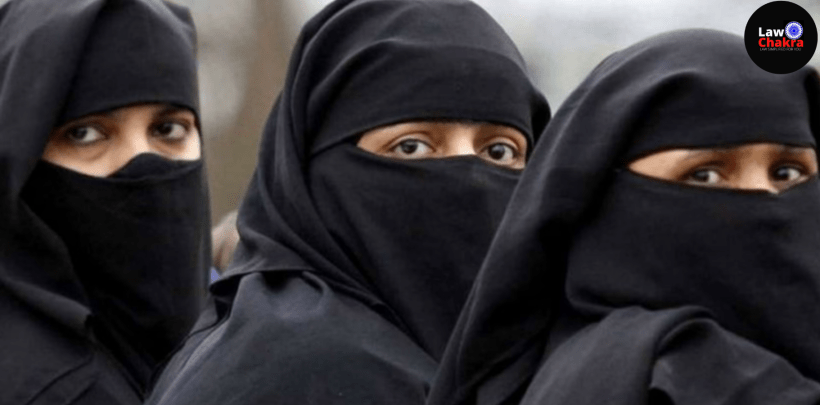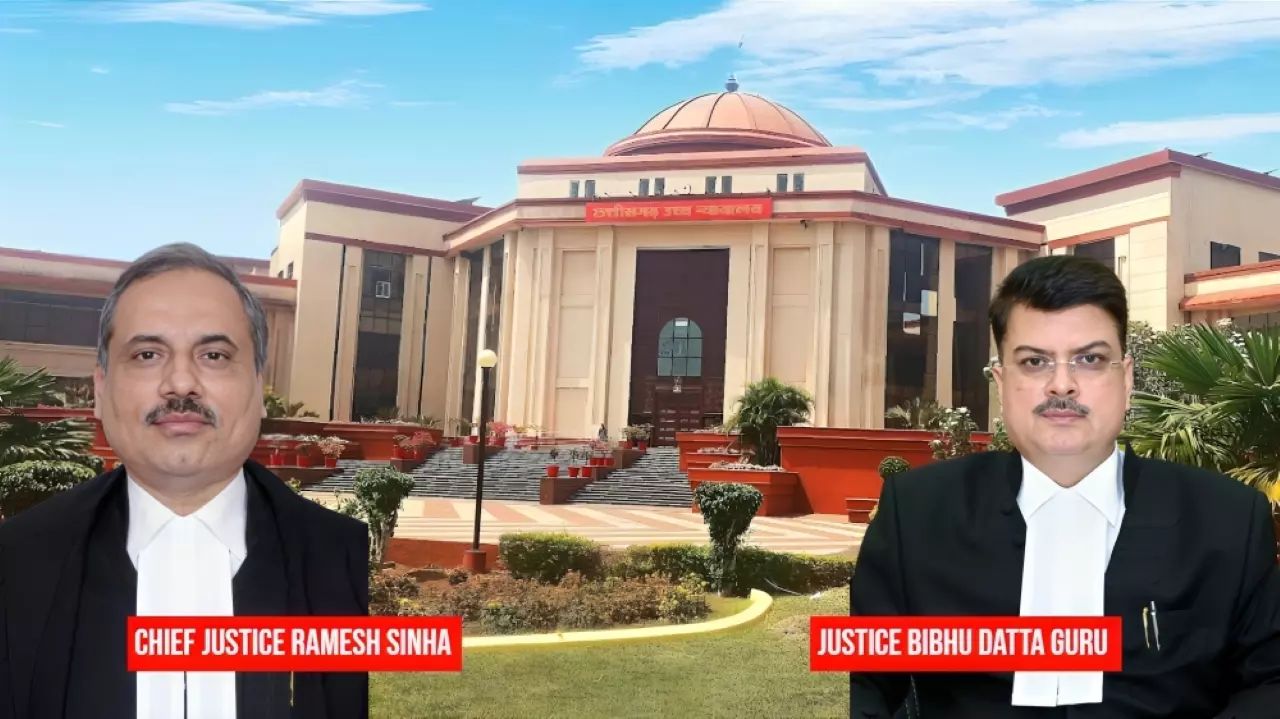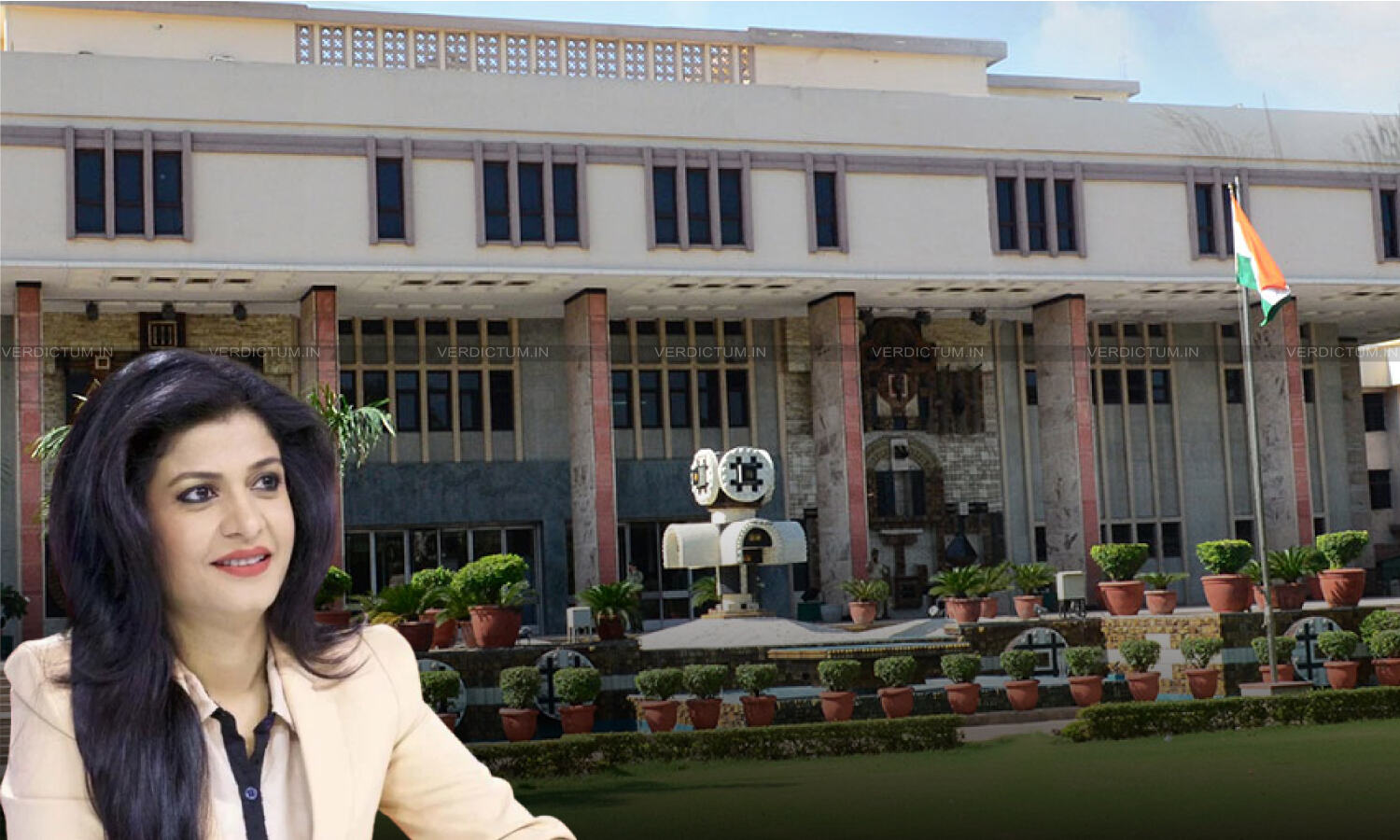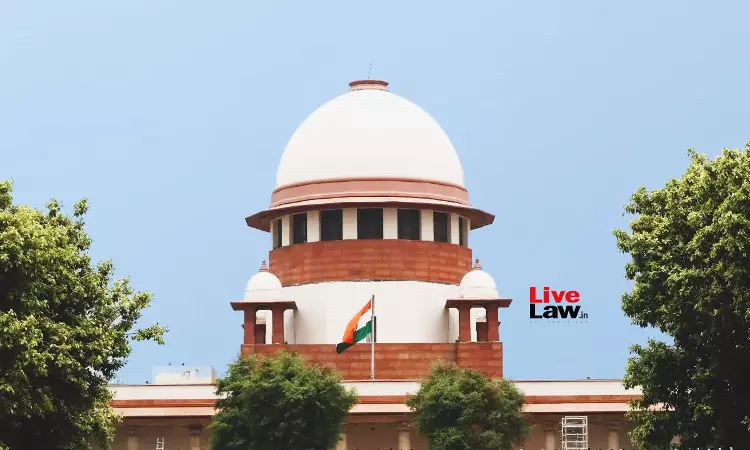Telangana High Court Declares Muslim Woman Can End Marriage Via Khula Without Husband’s Consent: “Wife’s Word Is Enough”

Telangana High Court confirms that a Muslim wife can independently end her marriage through Khula without needing her husband’s approval. Court also clarifies that a Mufti’s certificate is not mandatory to finalize the divorce.
Thank you for reading this post, don’t forget to subscribe!
HYDERABAD: The Telangana High Court clearly stated that any Muslim woman has the full right to end her marriage by choosing Khula, and she does not need her husband’s permission for this. The Court also explained that a Mufti or any religious body does not have the final authority to approve this type of divorce.
“What however is important is the transition of the private dispute from the personal sphere to the Court on the parties seeking a decision on the wife’s demand for Khula. This means that the wife’s proposal for Khula takes immediate effect upon the demand being made, provided the matter remains within the private, non-adjudicatory realm of the parties.”
A Division Bench of Justice Moushumi Bhattacharya and Justice BR Madhusudhan Rao handled the case. They explained that Khula is a method of divorce under Islamic law, where the wife herself asks to end the marriage if she no longer wants to continue the relationship.
The Court also clearly said that there is no need for a woman to get a Khulanama (divorce certificate) from a Mufti or any religious authority. The Mufti’s opinion is just “advisory in nature” and not legally binding.
According to the Court, the legal system’s role is only to confirm the divorce decision made through Khula.
“The only role of a Court of law is to put a judicial stamp on the termination of the marriage, which then becomes binding on both parties…The Family Court is simply to ascertain whether the demand of Khula is valid upon an effective attempt to reconcile the differences between the parties; or any offer by the wife to return the dower. The enquiry should be summary in nature without long-drawn out evidence – adjudication.”
This ruling came while hearing an appeal filed by a Muslim man. He had approached the High Court because his wife divorced him through an NGO called Sada-E-Haq Sharai Council. The man challenged the certificate of divorce issued by the NGO and claimed it was invalid because he never agreed to the Khula.
The High Court began its judgment by studying Islamic teachings and verses from the Quran.
“The Quran in Verses 228 and 229 in Chapter II confer absolute right on the wife to annul the marriage with her husband. The husband’s consent is not a precondition for the validity of Khula.”
It also mentioned that Islamic texts do not set any special rules or procedures in case the husband refuses to accept Khula.
After checking several other Indian court judgments, the Telangana High Court confirmed that Khula is a no-fault divorce, which means the wife doesn’t have to give any specific reason. Once she demands Khula, the husband cannot deny it, although he can negotiate the return of the dower (Mehr).
“The husband however does not have the right to refuse Khula merely because the wife declines to return the dower or a part of it. Khula is, therefore, a non-confrontational form of divorce and one which is privately settled after the parties have made an attempt to preserve the marriage.”
In this case, the Court found that the wife had requested Khula several times, and reconciliation efforts had failed before the certificate was issued. So, it ruled that the husband’s legal challenge was not valid.
“The appellant has failed to make out a case for interference in the impugned order, save and except to the extent that a Mufti/Religious Functionary does not have the authority to certify a Khula Divorce.”
In the end, the Court also acknowledged a larger issue raised by the woman’s lawyer – that many Muslim women face long and uncertain waits after asking for Khula.
“We confine our opinion to the matter before us although learned counsel for the respondent has urged that the collective fate of muslim women, post-demand for Khula, is consigned to limbo and a long and uncertain wait for resolution. We are confident that the law pronounced by the Courts shall be given their due weightage by all the stakeholders in easing the plight of muslim women in their respective situations.”
- Senior Counsel J Prabhakar along with advocate Mohd Shafiuddin appeared for the husband.
- The wife was represented by Advocates Mubashir Hussain Ansari and Imtiaz Gulam Mahboob Faiz.
CASE TITLE:
Mohammed Arif Ali vs Smt Afsarunnisa and Another.
FAMILY COURT APPEAL NO.75 OF 2024
Would You Like Assistance In Drafting A Legal Notice Or Complaint?
CLICK HERE
Click Here to Read Our Reports on Muslim Woman
Click Here to Read Our Reports on Triple Talaq
FOLLOW US ON YOUTUBE FOR MORE LEGAL UPDATES







